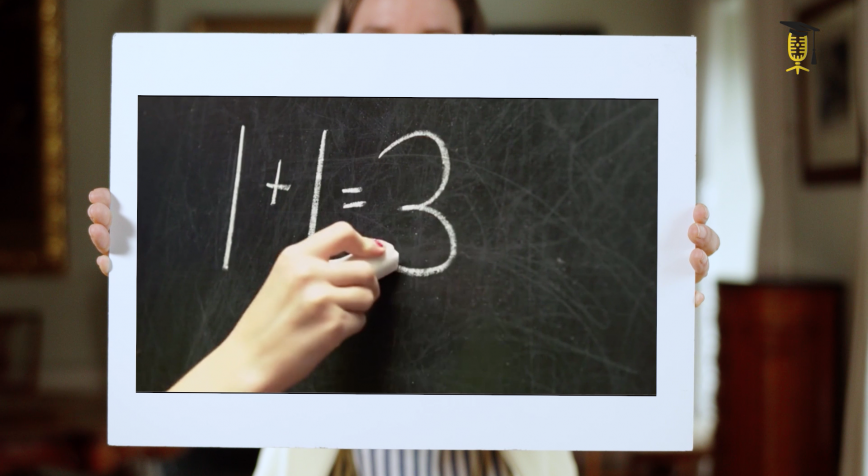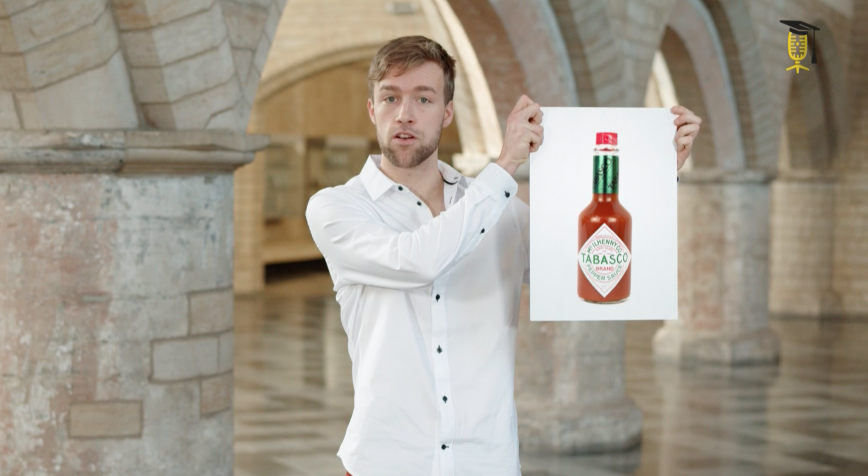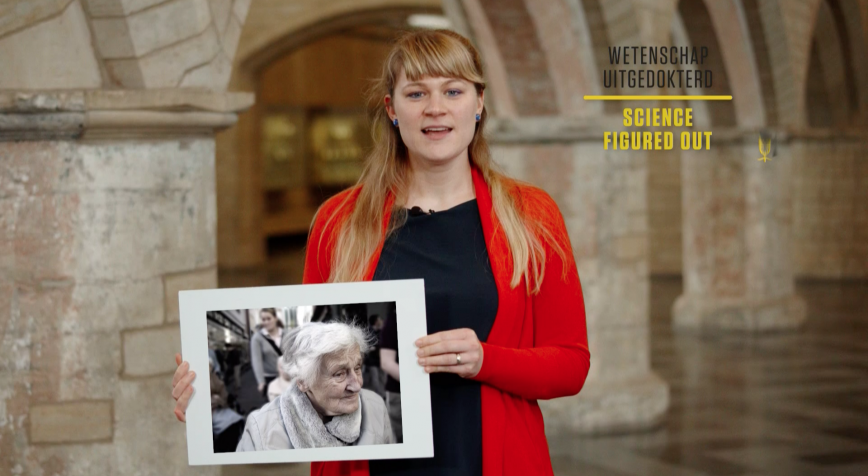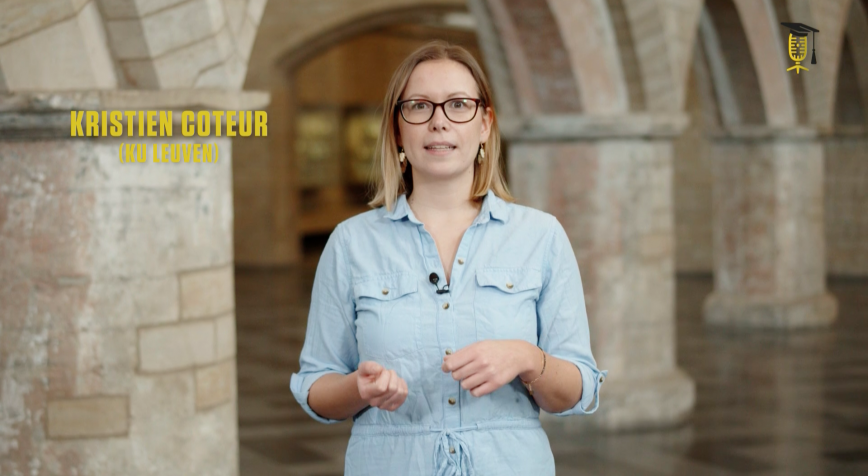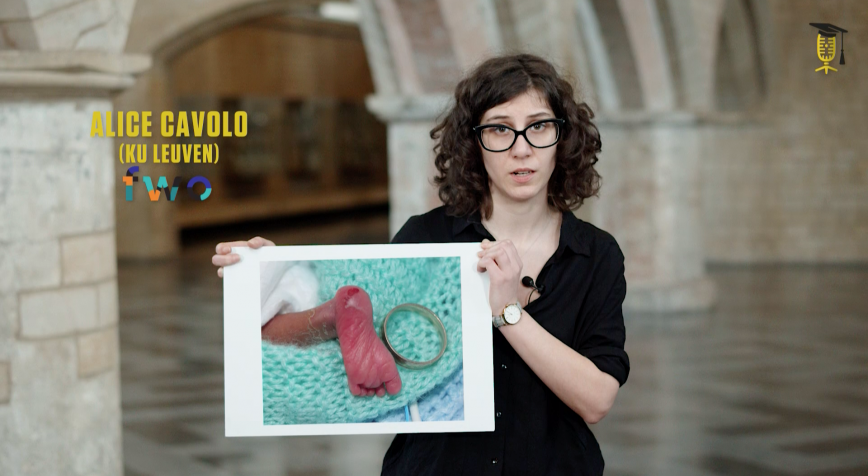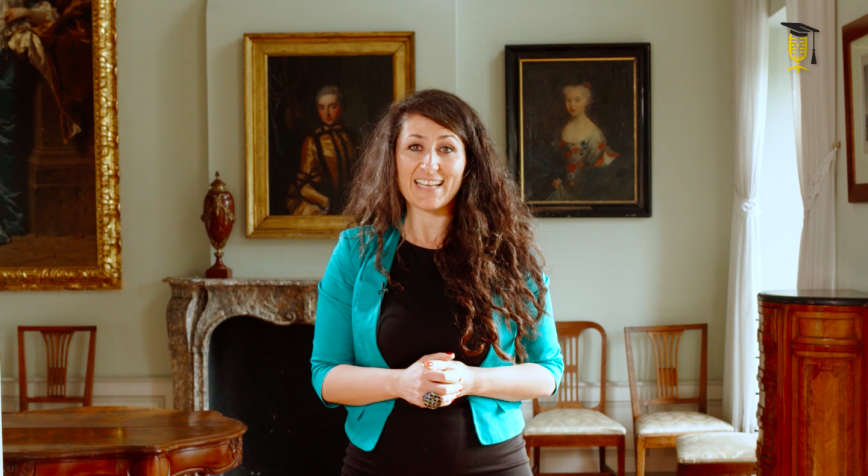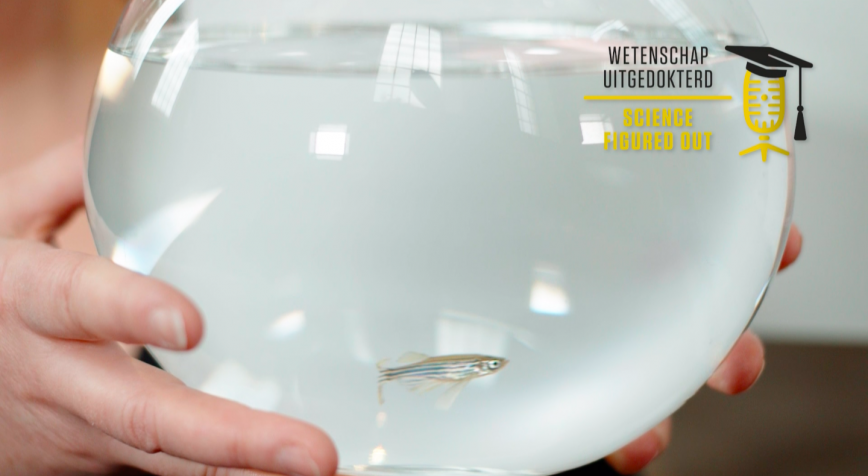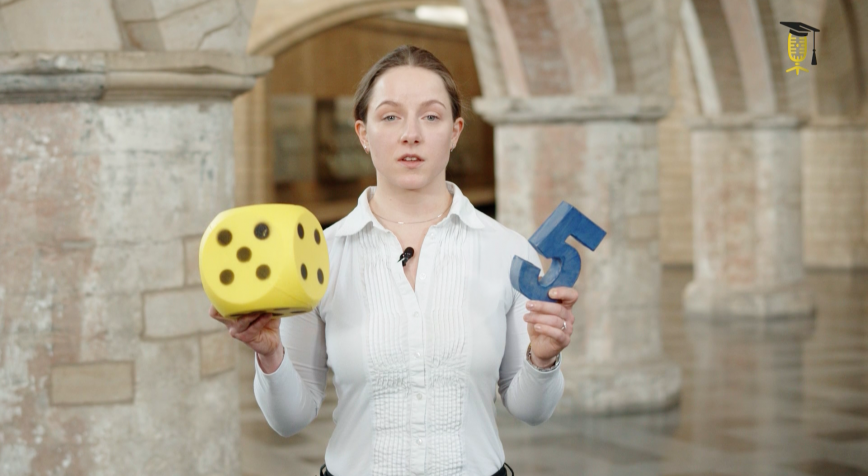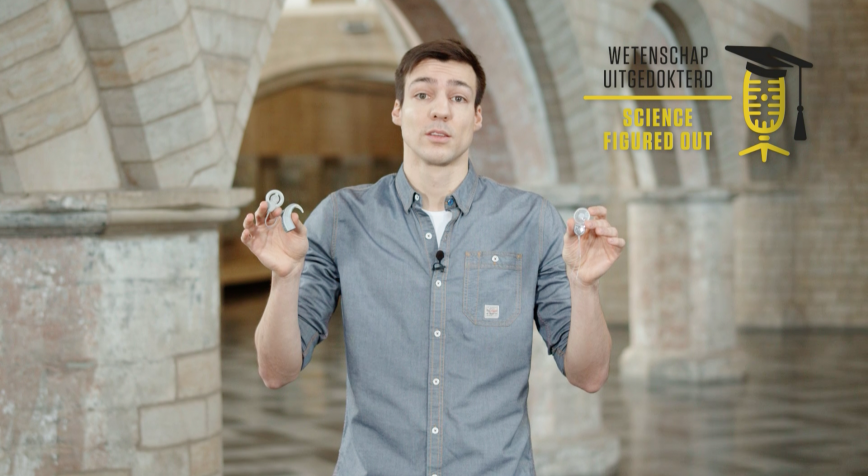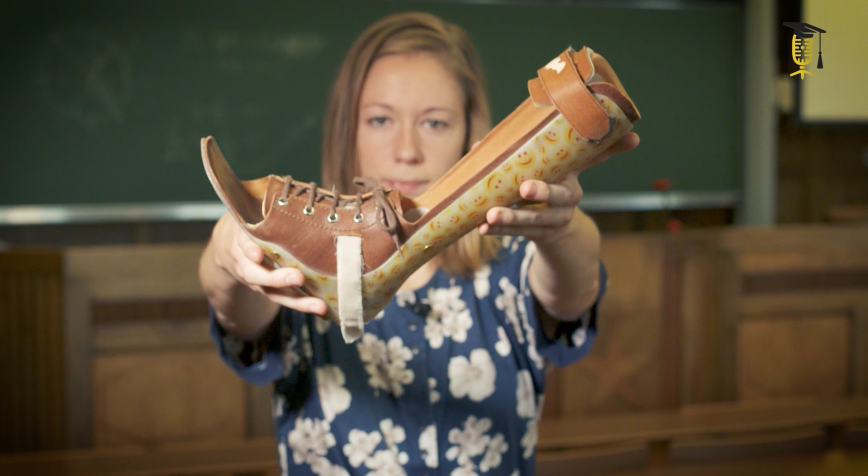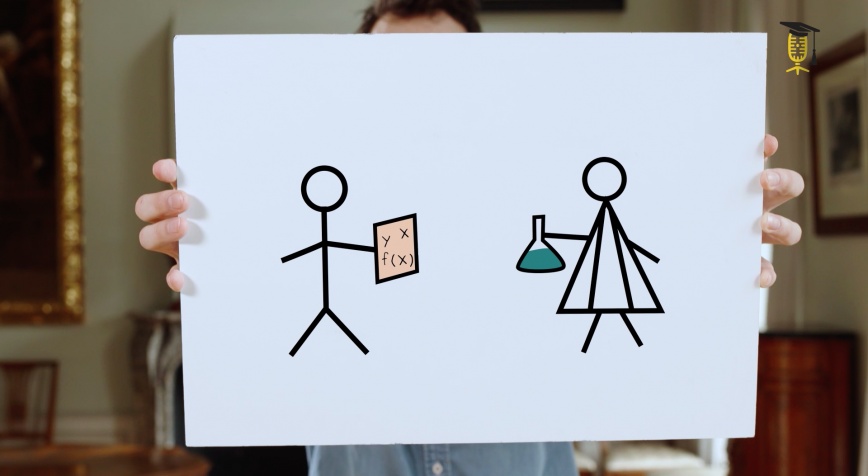
KU Leuven
The cell cycle from a mathematical point of view
"Everything in the universe is made of math, including you" says the renowned cosmologist Max Tegmark. Jan Rombouts shares the same conviction: in his doctoral thesis he does not look at the cell cycle of living beings from the perspective of biology, but pours it into mathematical equations in order to gain a better understanding of the wondrous functioning of the cell.
